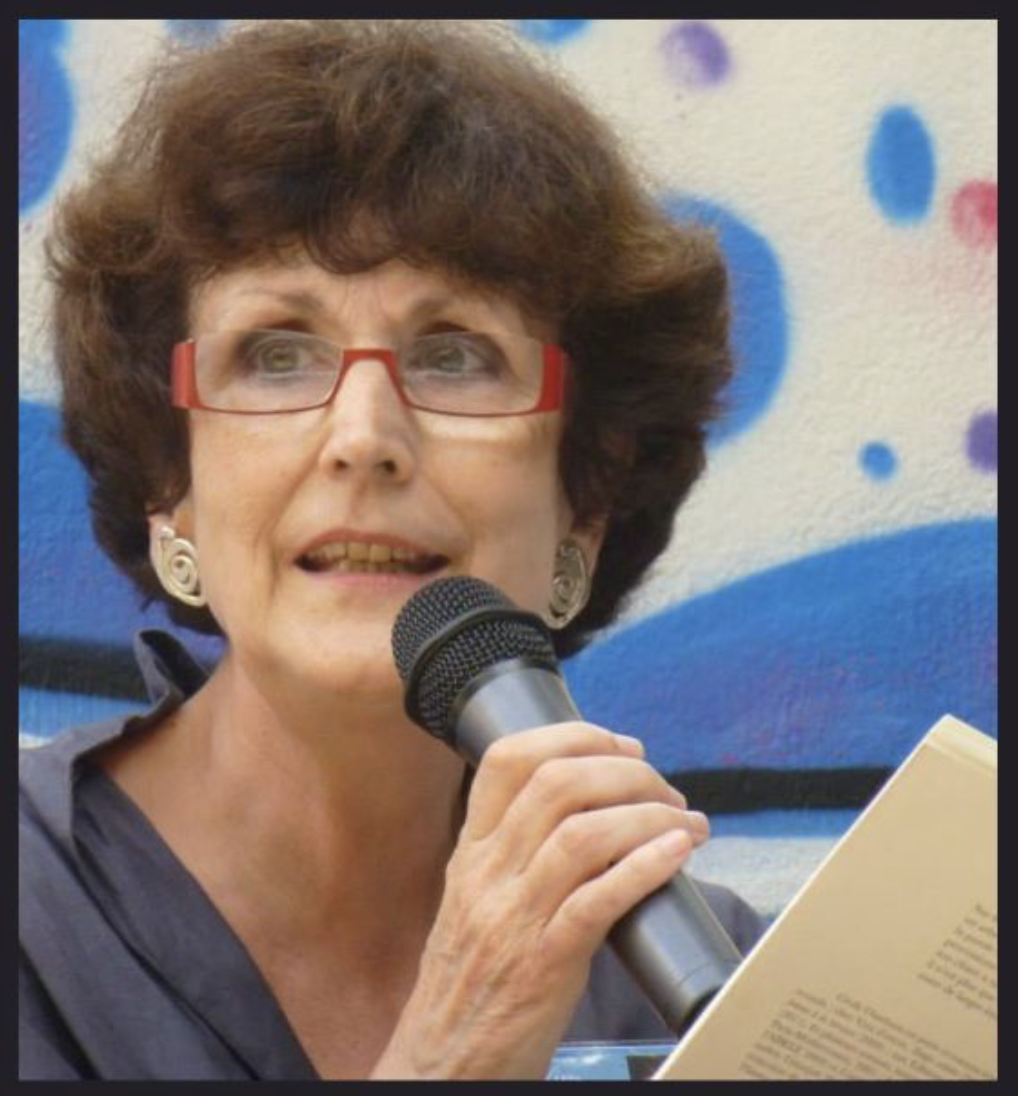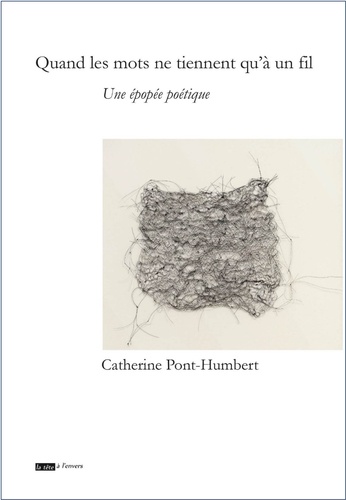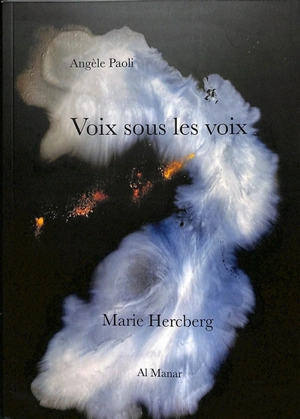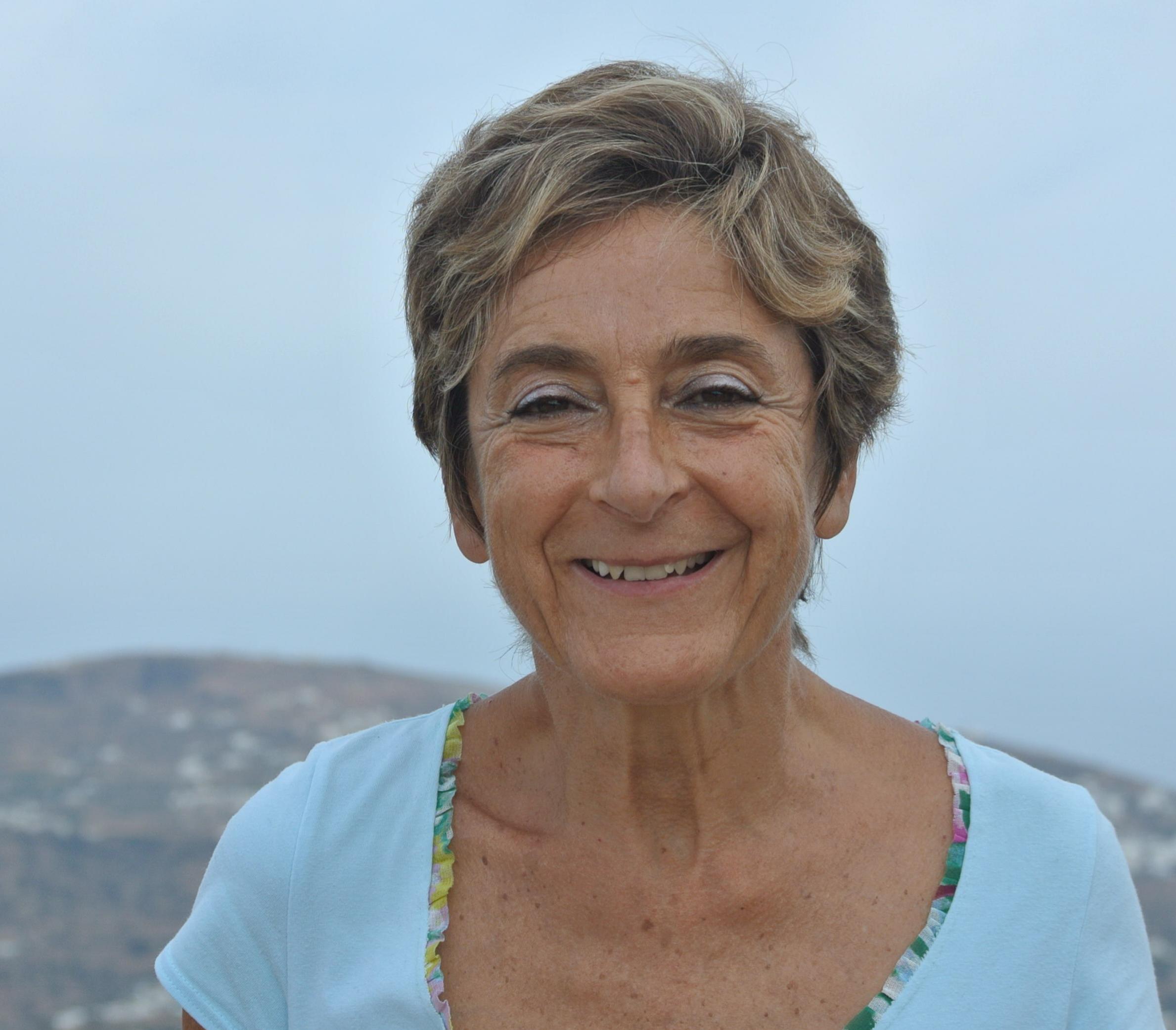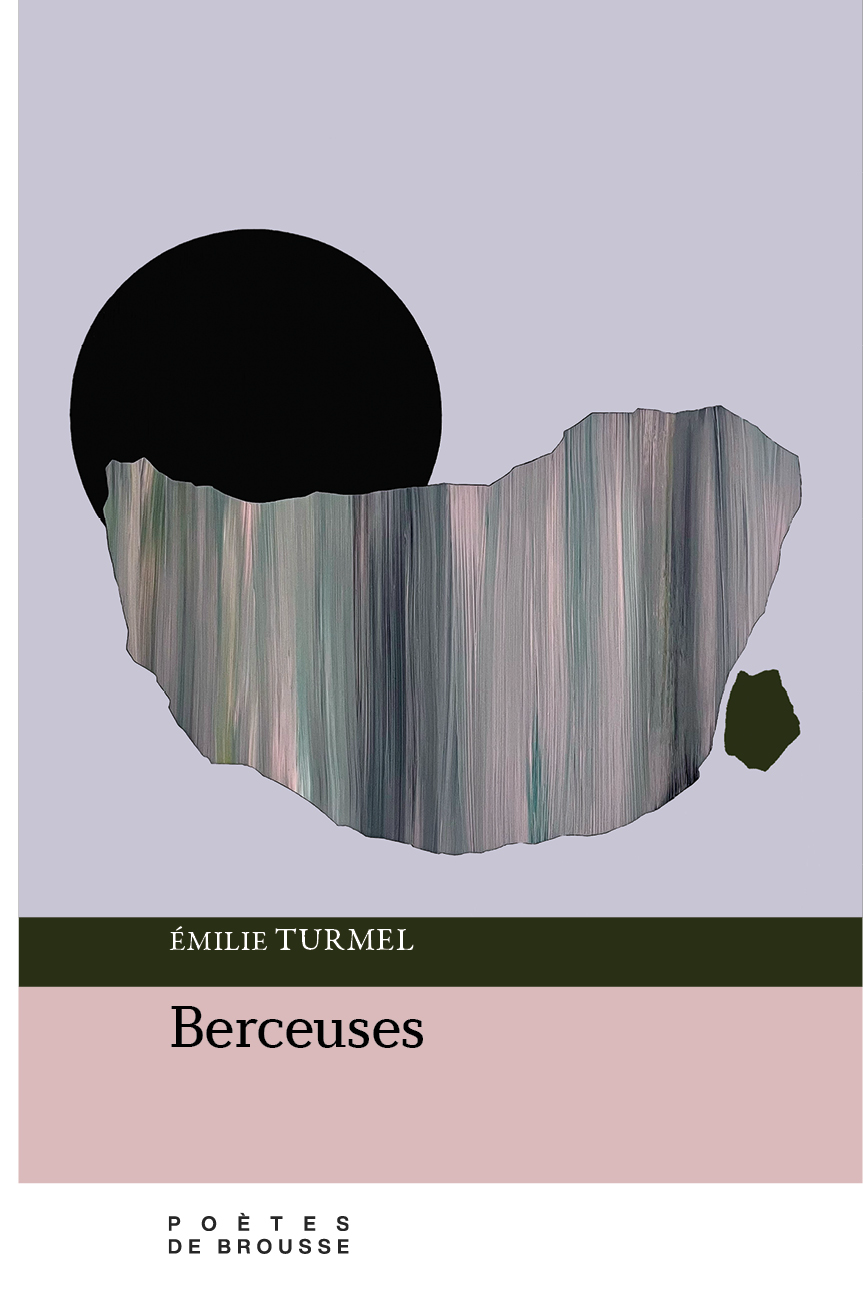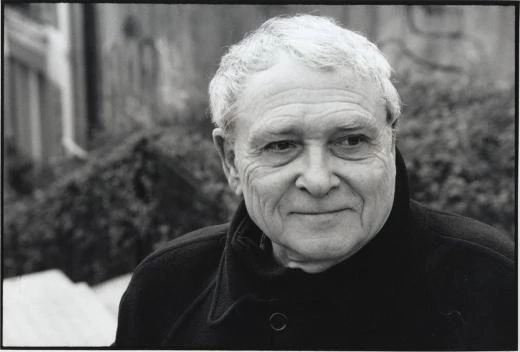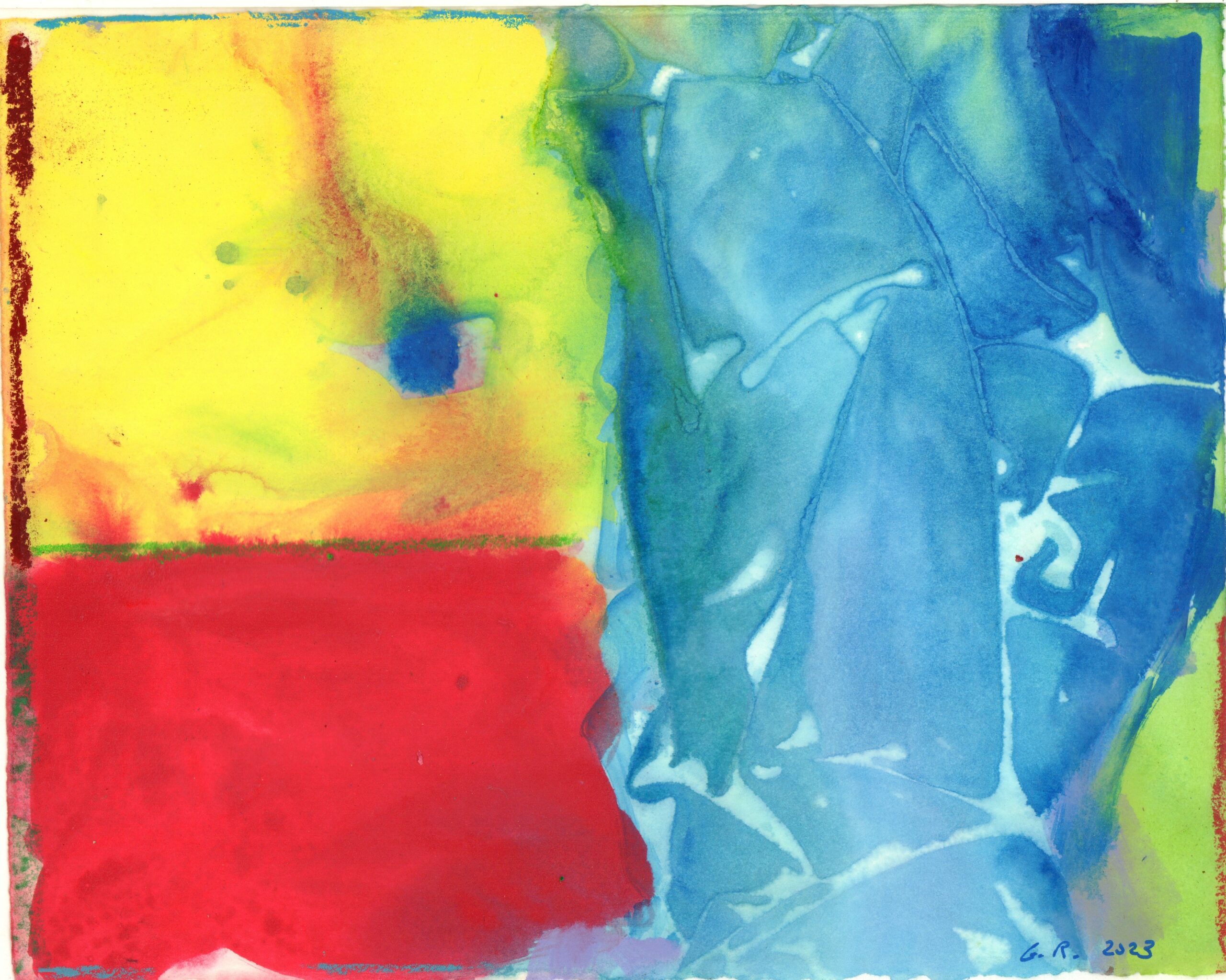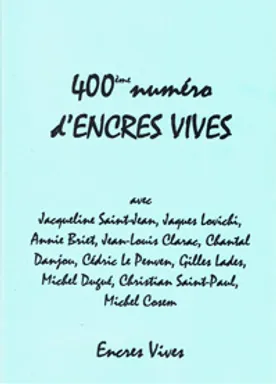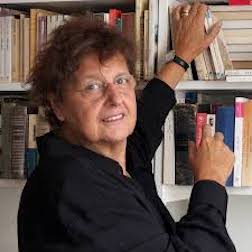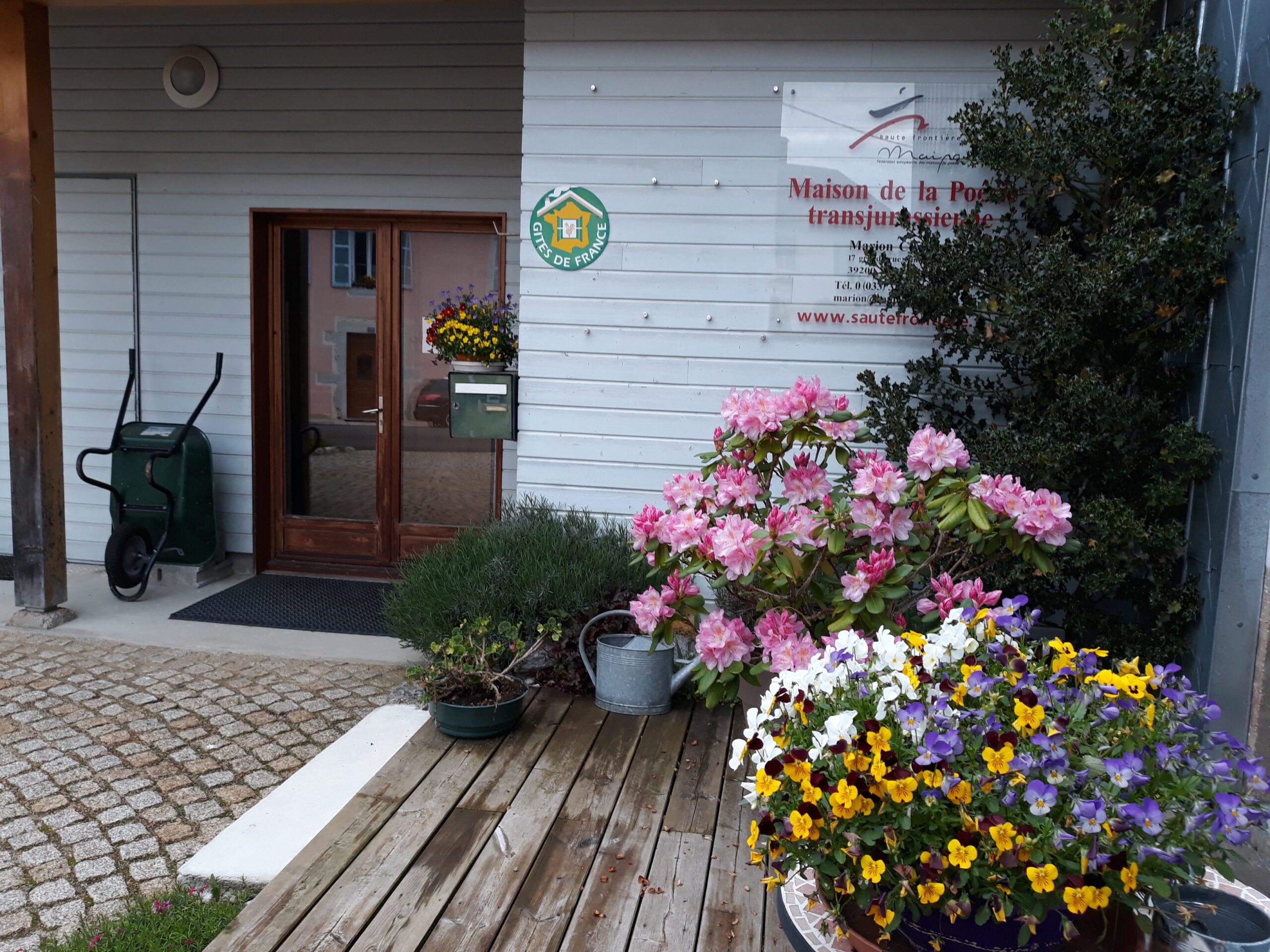Interview with Aaron Shurin
Poet Aaron Shurin lives in San Francisco, California, and is the author of over a dozen books, both poetry and essay collections. He cofounded the Boston, Massachusetts-based writing collective Good Gay Poets, and was the director of the Master of Fine Arts in Writing program at the University of San Francisco.
Shurin’s newest book is Citizen (City Lights Books, 2012). The poems in this collection started as a response to a Martin Puryear sculpture exhibit at the San Francisco Museum of Modern Art. Shurin explained, “I started writing down words that I saw as his materials, from the museum tags describing the pieces. It could be wagon—there was a wagon, cedar—which the wagon was made of, yellow—the color something was painted.… I felt like for this show, that my response was that I would write poems using the same materials that he used, except that my materials were the words of his materials.” To get a feel for how Shurin turned his notes into poems, listen to Shurin read “Gloria Mundi” from Citizen here:
http://w3sidecar.tumblr.com/private/46441808566/tumblr_mkc51sjUlO1rb5twt.
In the following question and answer set, Shurin elaborates on the structure of his new book, what readers might take away from Citizen, and his thoughts on the writing life.
Do you have a philosophy for why you write?
Poetry is attention, and it is the means of attending experience. Attention is the key word both for what it requires and what its nature is.
How does the structure of a piece influence your work? What’s the relationship between content and form?
Structure is just process, it is the way that I compose. Because topically Citizen is about anything, I wanted it to have coherence. I threaded it with a few operative structural elements to give it a sense of unity, rather than being a random collection.
There are contributory figurative elements that are dynamic in Citizen—the constant restatement and its incessant use of dashes and ellipses. I wanted there to be a sense that language was shimmering, which is to say it could always be restated. Language was never permanent and that kept the world in flux, and perhaps more lifelike.
I’m also constantly proposing little collided pairs of words that re-shift the focus, and restate the shift. It was easy to collide words in unusual pairings, little “scintilles,” to use the French word that describes the sparkles from fireworks. The pairs are little scintillations that erupt in the middle of the poem as it shifts.
There are about half a dozen things that were simultaneous thematic or structural cohering points in Citizen. The first was the process, the second was the use of ellipses and dashes, the third was these colliding pairs of scintillations. Then there were the thematic phrases that appeared: “Perhaps it is,” “It is or it isn’t,” “It may well be.” Those become motifs, as does “Once I was,” and then there a number of poems about the sky. I didn’t start out with all of those, but did attend them. As some came up, I realized that I wanted them to reappear. “The beautiful nights dance like bears,” comes up, and it is actually stolen from a poem of mine from a book written almost twenty years ago.
What do you hope readers will take away from Citizen?
I hope they take extreme pleasure in the sensual and intellectual synthesis of language at play. I’m not sure I can say much beyond that.
Well, I’ll tell you a little bit more about the background of Citizen. There were several threads within the book, and one was the structural one I just described. Another was that I wanted it to be permeable to the world, as narrative is inclined toward the world. I was traveling a bunch, mostly to Mexico and some to Arizona, and so I made the decision to let the sights, sounds, artifacts, and experiences of my travels come through. As for what people take away, everything that I put in, I wish for them to get—the meeting point of the imagination and the world.
One of the things that I talked about with my publisher is the title, and it has occasionally given some readers trouble. Some people had pre-formed ideas of what a book called Citizen should be in this climate. In my view, Citizen had multiple layers. It was also situating myself as a citizen of the imagination, which seems to me the primary locus of poetry, and also as the cover suggests, that I am a citizen of the book, of the language of poetry. I would love for all of those layers to be active for readers.
What do you find most challenging about writing?
Challenging in the sense that one wants a challenge? So, what is that: the art.
What’s the best advice you’ve been given as a writer?
The best advice I was given as a writer was not verbal, but modeling. I had the great fortune of having stupendous friend/teacher models: Robert Duncan, Denise Levertov, Diane di Prima. It was their practice that is the best advice that was ever given to me. Their combined authority and figure of how to live a life as a poet was the richest information that could have been departed to me. It was a touchstone all my younger years. To have them as models both for teaching and for writing, models of poetic integrity—that meant everything.
About Aaron Shurin
Poet and essayist Aaron Shurin was born in Manhattan, New York, and grew up there, in eastern Texas, and in Los Angeles, California. He earned a BA at the University of California, Berkeley, where he studied with poet Denise Levertov, and an MA in Poetics at the New College of California. Influenced by Robert Duncan and Frank O’Hara, Shurin composes lyric poems that explore themes of sexuality and loss.
Shurin is the author of more than a dozen books, including the poetry collections The Paradise of Forms: Selected Poems (1999), a Publishers Weekly Best Book; Involuntary Lyrics (2005); and A’s Dream (1989), as well as the essay collections King of Shadows (2008) and Unbound: A Book of AIDS (1997). Shurin has won fellowships from the National Endowment for the Arts, the Gerbode Foundation, the San Francisco Arts Commission, and the California Arts Council. He cofounded the Boston-based writing collective Good Gay Poets and was the director of the MFA program at the University of San Francisco.
(Biography source: http://www.poetryfoundation.org/bio/aaron-shurin.)
- Rencontre avec Aaron Shurin - 20 juillet 2013
- Vu de Berkeley - 11 janvier 2013
- Rencontre avec Sheida Mohamadi - 11 novembre 2012


